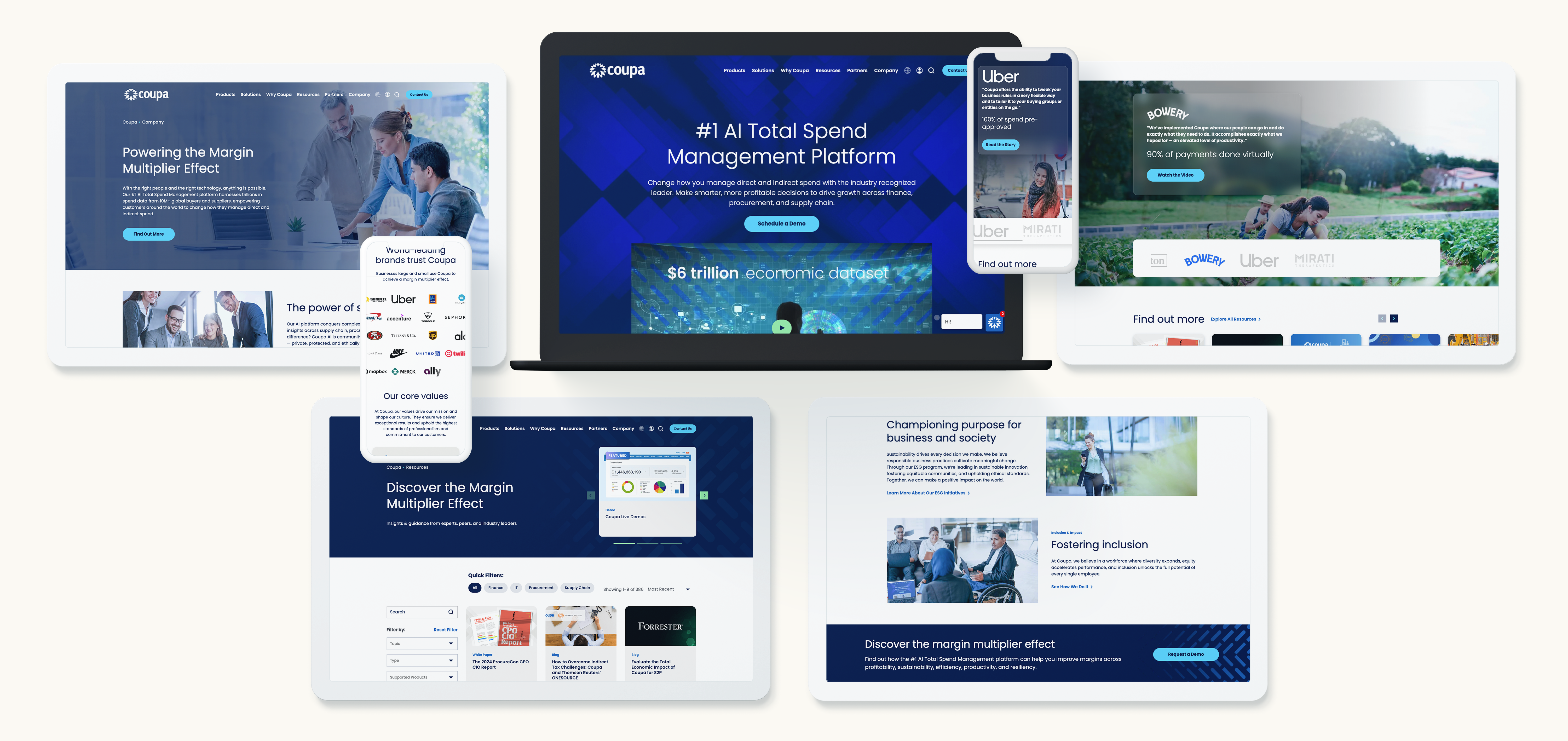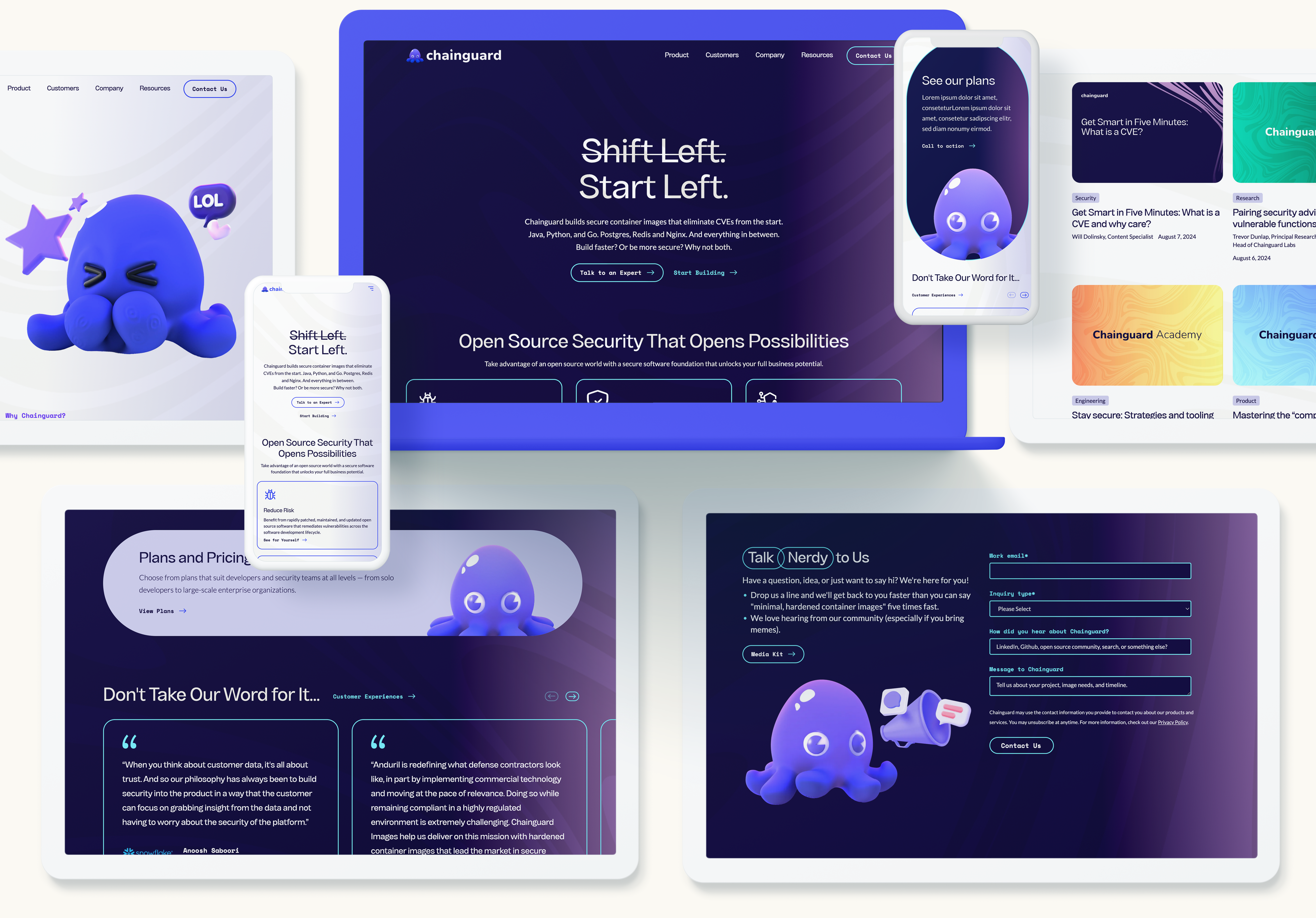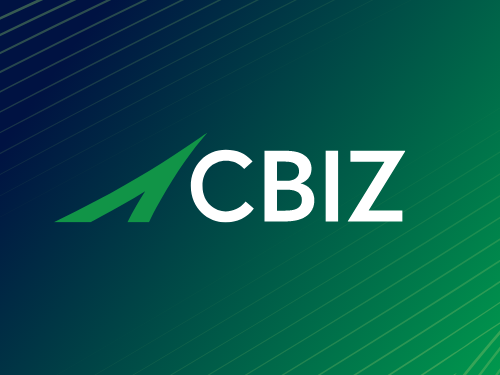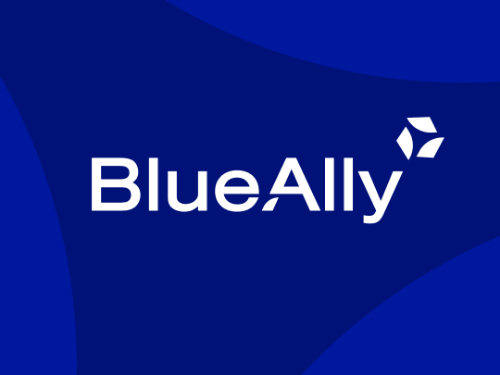As the marketing landscape continues to evolve at a rapid pace, staying ahead of the curve is essential for B2B brands looking to remain competitive. The year 2025 promises a wave of transformative trends that will reshape how businesses connect with their audiences. From AI-driven strategies to immersive technologies, these innovations offer unprecedented opportunities to build stronger relationships, enhance personalization, and drive measurable results.
AI-Driven Personalization at Scale
Artificial intelligence (AI) is no longer just a buzzword; it has become a foundational tool for delivering hyper-personalized experiences at scale. In 2025, B2B brands will increasingly rely on AI to analyze data, predict customer behavior, and tailor content to individual preferences. Tools like AI-powered chatbots and recommendation engines are set to enhance user engagement by providing real-time, context-aware interactions. AI also enables predictive analytics, allowing marketers to anticipate client needs and craft strategies that align with their buying journeys. Companies that embrace AI-driven personalization will not only enhance customer satisfaction but also improve conversion rates and ROI.

Immersive Technologies Transforming Engagement
Immersive technologies such as augmented reality (AR), virtual reality (VR), and mixed reality (MR) are revolutionizing how B2B marketers engage with their audiences. These tools enable brands to create interactive experiences that bring their products and services to life. Imagine offering a virtual walkthrough of a manufacturing facility or an AR-powered demonstration of complex software. These experiences not only captivate audiences but also provide a deeper understanding of offerings, making them more compelling and memorable. As hardware becomes more accessible and platforms for immersive content expand, B2B companies have a unique opportunity to differentiate themselves by leveraging these technologies.
Sustainability and Ethical Marketing
In an era where consumers and businesses alike are prioritizing sustainability, B2B brands must align their marketing efforts with eco-conscious values. Highlighting sustainable practices and ethical operations is no longer optional—it’s a business imperative. Companies that authentically communicate their commitment to environmental, social, and governance (ESG) principles will earn trust and loyalty from their partners and clients. This trend extends beyond messaging to operational changes, such as reducing carbon footprints and implementing circular economy practices. Authenticity is key; businesses must ensure their actions align with their words to avoid accusations of greenwashing.

The Rise of First-Party Data Strategies
With increasing privacy regulations and the phasing out of third-party cookies, first-party data has become a cornerstone of effective marketing. In 2025, B2B marketers will focus on building robust data collection strategies through direct interactions with their audiences. Tools like gated content, webinars, and personalized email campaigns are instrumental in gathering valuable insights while respecting user privacy. Leveraging this data allows companies to create targeted campaigns that resonate deeply with their audience. Additionally, investing in data management platforms (DMPs) and customer data platforms (CDPs) ensures that insights are actionable and integrated across marketing channels.
Omnichannel Customer Experiences
Today’s B2B buyers expect seamless experiences across multiple touchpoints, and this trend will only intensify in 2025. Omnichannel marketing strategies integrate online and offline interactions to create a cohesive journey for customers. For example, a prospect might discover a product through a LinkedIn ad, attend a virtual event for more details, and finalize a purchase after an in-person meeting. Ensuring consistency in messaging, branding, and experience across channels is crucial to building trust and driving conversions. Technology like marketing automation platforms and CRM systems plays a vital role in orchestrating these efforts and ensuring data continuity.

Social Media’s Expanding Role
Social media platforms are no longer just tools for brand awareness; they are becoming integral to the entire B2B sales funnel. In 2025, platforms like LinkedIn, Twitter, and emerging niche networks will see increased use for thought leadership, lead generation, and community engagement. Short-form video content, live streams, and interactive posts will dominate as companies seek to capture attention in crowded digital spaces. Social listening tools will also become more sophisticated, enabling brands to monitor trends, gather insights, and proactively address audience needs. By leveraging social media strategically, B2B marketers can strengthen relationships and drive measurable outcomes.
Preparing for the Future
The marketing trends of 2025 represent a blend of technological innovation, evolving consumer expectations, and heightened emphasis on ethical practices. B2B brands that proactively adapt to these shifts will be well-positioned to achieve success in an increasingly competitive landscape. Whether it’s leveraging AI for personalization, adopting immersive technologies, or embracing sustainability, staying ahead requires both agility and a forward-thinking mindset. Ready to future-proof your marketing strategy? Contact Bluetext today to explore how we can help you navigate the trends shaping the future of B2B marketing.




